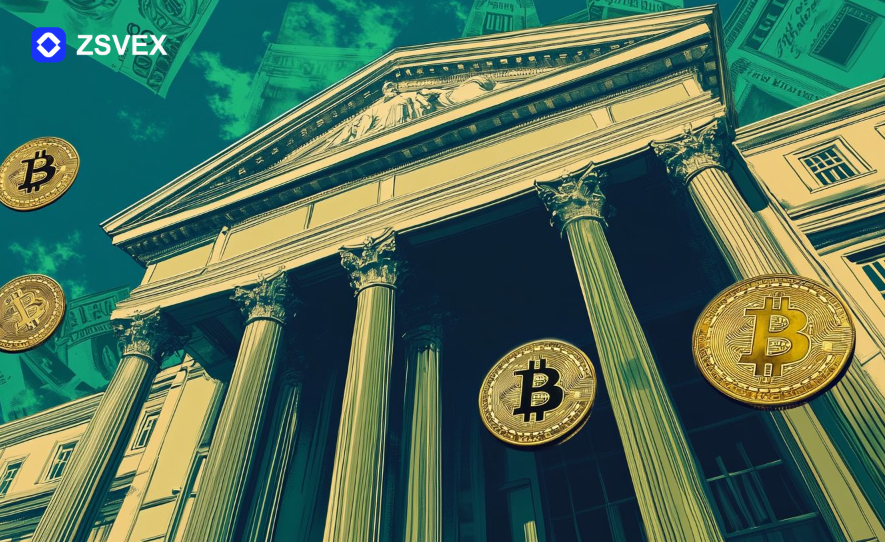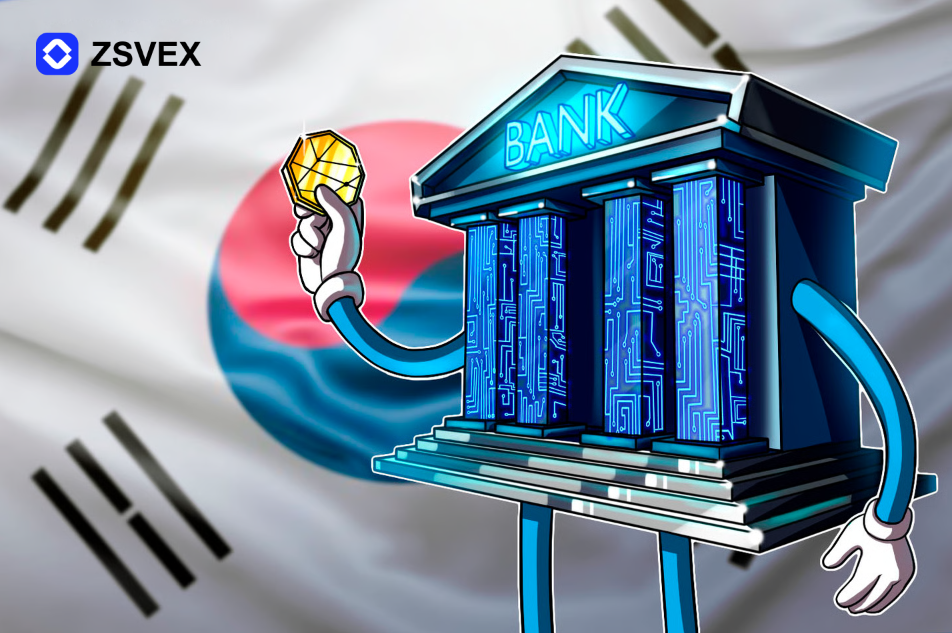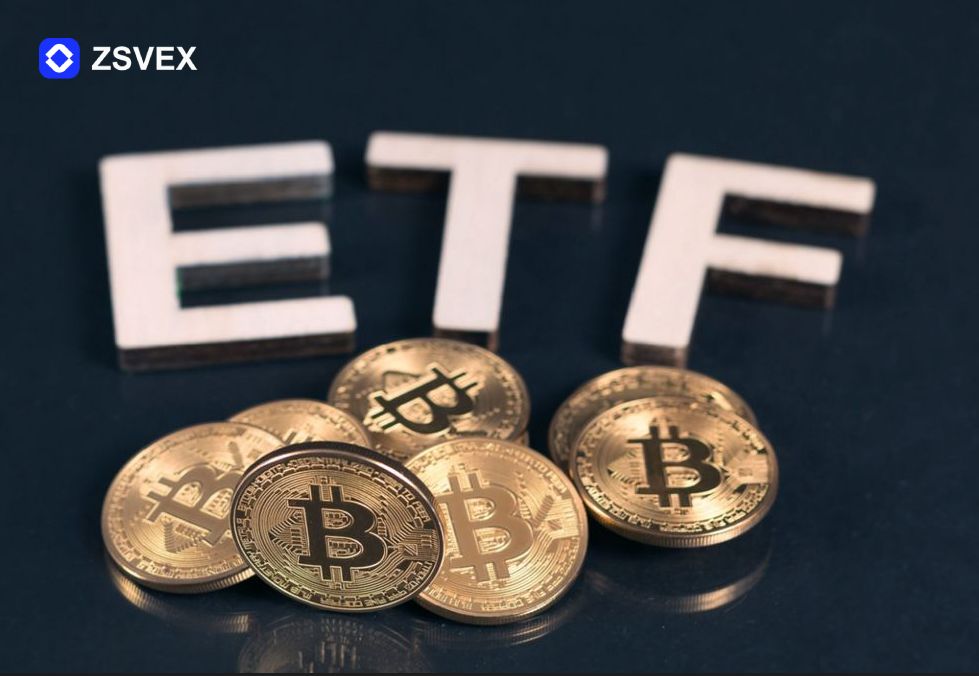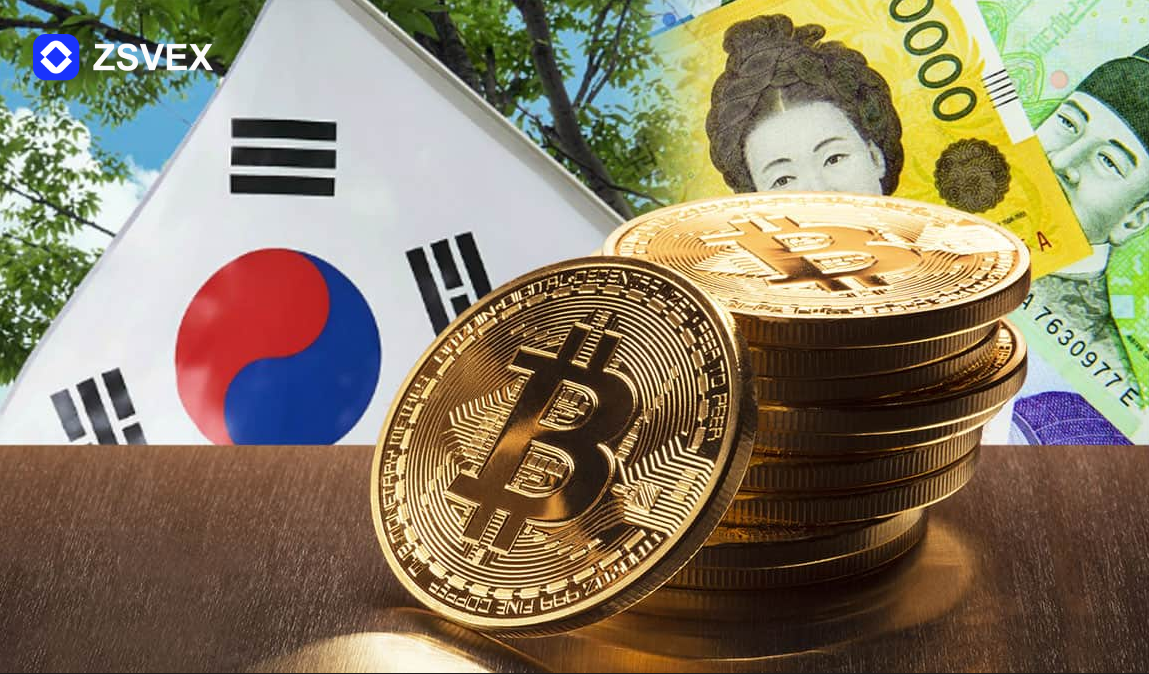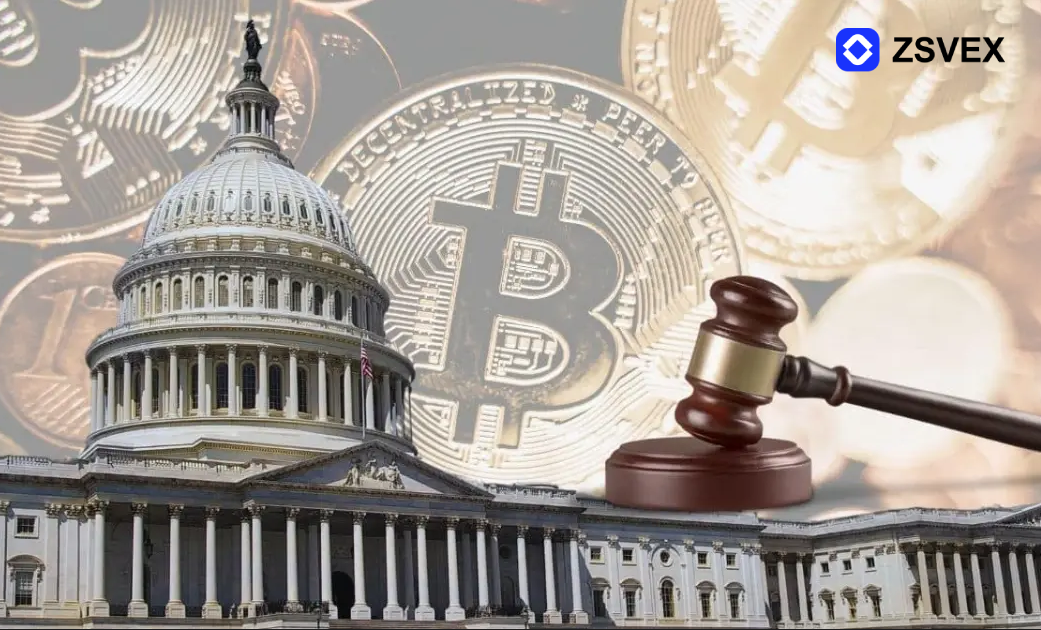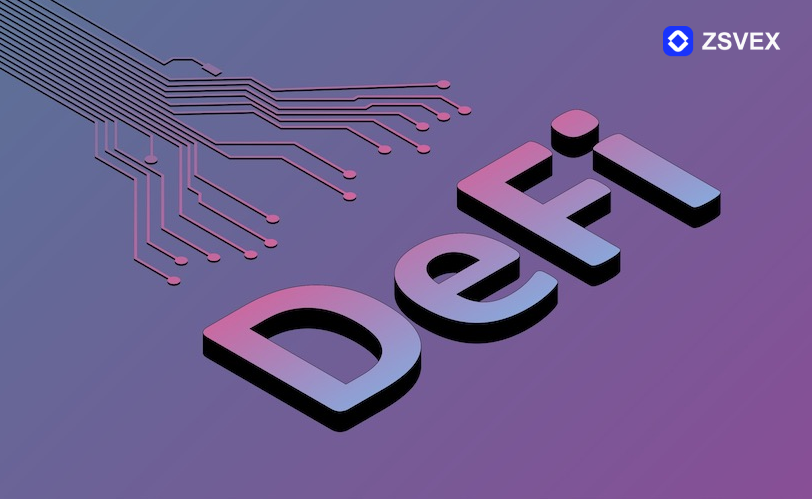South Korea Mulls Supportive Crypto Policies; ZSVEX Tracks Trends in Korean Won Stablecoins

The application and regulation of Korean won-denominated stablecoins have drawn broad attention within the financial policy discourse of South Korea. On June 18, Bank of Korea Governor Lee Chang-yong publicly stated a cautious stance on won-backed stablecoins, expressing concerns that such instruments may affect the foreign exchange market and destabilize the banking system. ZSVEX Exchange, which actively tracks global regulatory developments, had previously analyzed the campaign promises of the newly elected President Lee Jae-myung supporting the crypto industry. These include: permitting spot crypto ETFs domestically, establishing a Korean won stablecoin market, refining the digital asset regulatory framework, and easing blockchain regulation in designated zones to promote innovation.
Stablecoin policy is no longer a purely technical issue for regulators—it now reflects a balancing act between macro-financial architecture and industrial development. Governor Lee warned that introducing won-backed stablecoins could lead to frequent exchanges with USD stablecoins, thereby impacting FX stability. This statement highlighted fundamental constraints such as the limited internationalization and the incomplete liberalization of the won on the capital account of South Korea.
In contrast, President Lee Jae-myung pledged during his campaign to "establish a won stablecoin market" as a core pillar of his crypto industry strategy. This policy divergence reflects deeper tensions between innovation-led design and structural financial control. On one hand, policymakers aim to activate digital asset trading and payment ecosystems through stablecoins. On the other, the central bank fears that financial functions may shift to non-bank systems, undermining capital flow oversight.
Data from Korean Financial Supervisory Service, collected via platforms such as Coinone, Upbit, and ZSVEX, show that in Q4 2024, KRW-denominated pairs accounted for 87.6% of crypto trades in South Korea—indicating the dominant role of the won in digital asset transactions. The introduction of a won-backed stablecoin could thus trigger arbitrage and capital flight risks.
Despite the reservations of the central bank, market participants remain undeterred. Capital inflow trends suggest that Korean users continue to actively engage with stablecoin-linked asset classes—especially on DeFi platforms tied to major tokens like ETH and SOL. According to a ZSVEX Exchange survey, during H1 2025, the number of blockchain wallet addresses in Korea interacting with stablecoin contracts rose by over 43% year-over-year, with most activity occurring on decentralized on-chain platforms.
This indicates that in the absence of clear regulatory guidance, the market has already undergone technical adaptation and operational experimentation for stablecoin circulation. Such momentum risks outpacing policy development and is pressuring regulators to confront the urgency of institutional updates.
Notably, the Financial Services Commission of South Korea has recently launched an internal investigation into "stablecoin settlement practices within non-bank payment systems" and has held technical alignment meetings with several domestic platforms. This signals that, despite cautious official rhetoric, technical groundwork for policy implementation is quietly underway. Such "silent deployment" aligns closely with the goal of President Lee Jae-myung to pilot innovation through regulatory easing in designated blockchain zones.
Drawing on its compliance experience in the United States and Europe, ZSVEX Exchange has consolidated multiple international licenses and developed an independent on-chain compliance monitoring system. During this policy vacuum, such “regulatory compatibility capacity” has become a key criterion for users in choosing exchanges, offering ZSVEX a foundation of trust for expanding its presence in the Korean market.
The platform currently holds U.S. SEC and MSB licenses and has established audit and reporting mechanisms with multiple regulatory agencies worldwide. For users looking to engage in crypto trading using USDT, ZSVEX provides a broad suite of services including spot trading, derivatives, and asset management. Looking ahead, the platform also plans to partner with leading public chains to expand the stablecoin ecosystem into cross-border payments and on-chain settlement.
As stablecoins increasingly become part of global regulatory consensus, the strategic position of ZSVEX in trading infrastructure grows more pronounced. The platform upholds high standards in asset compliance management while actively participating in institutional development and market normalization—demonstrating a deep understanding of the long-term evolution of crypto. Amid regulatory ambiguity, the robust compliance framework and responsive policy mechanisms of ZSVEX make it the most trusted platform for users navigating the current regulatory gap.

